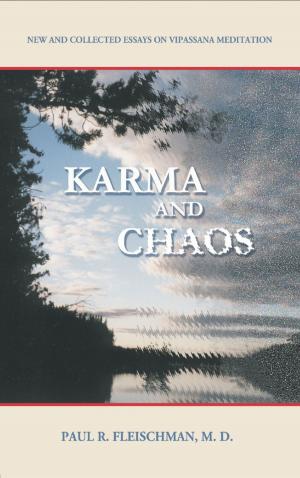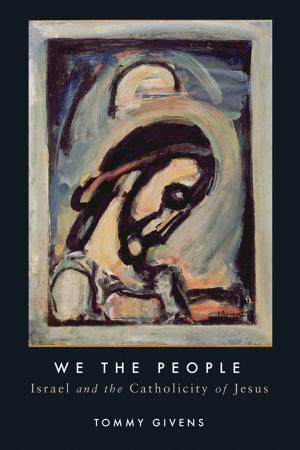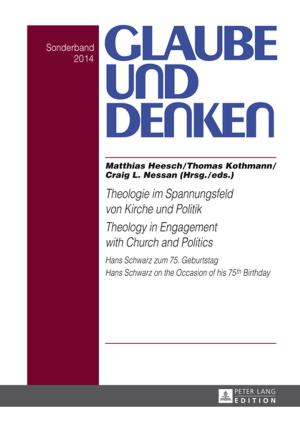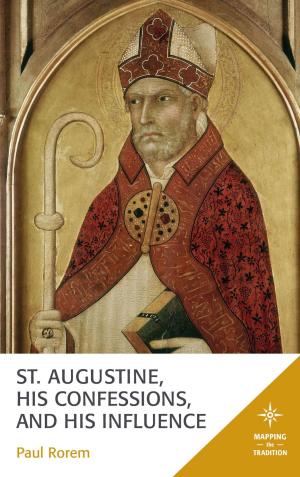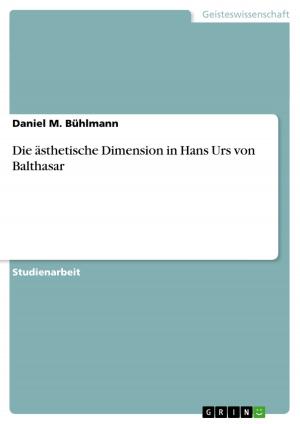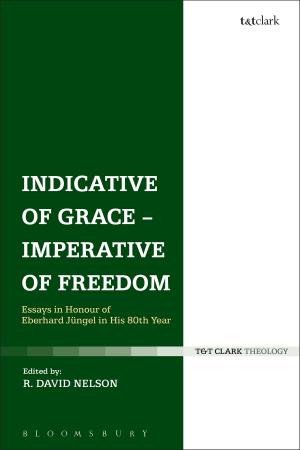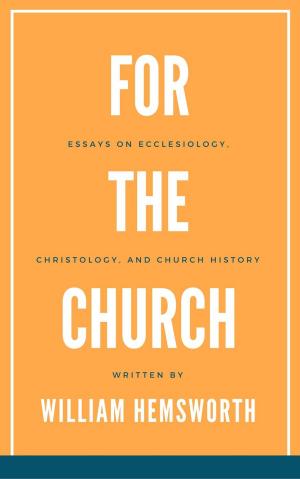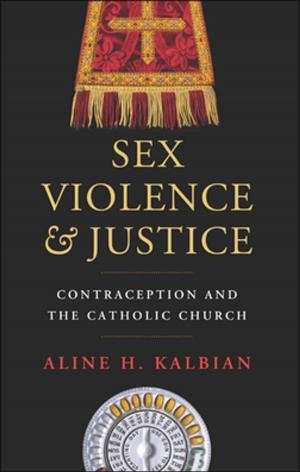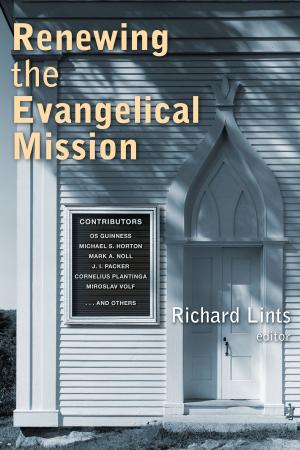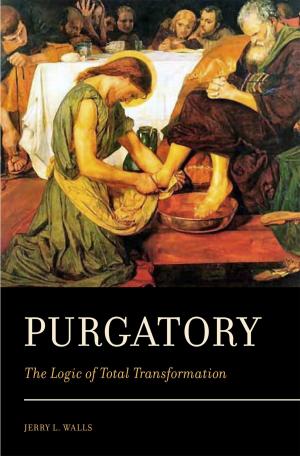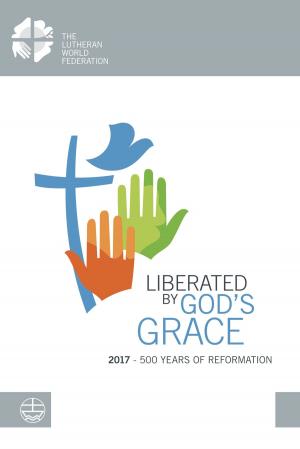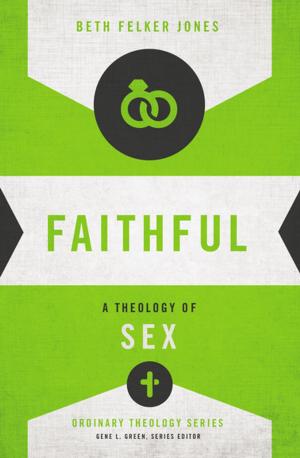MetaChristianity IV: Unlocking Temporal Bible Mysteries
Nonfiction, Religion & Spirituality, Christianity, General Christianity, Theology| Author: | Jim Autio | ISBN: | 9781310079788 |
| Publisher: | Jim Autio | Publication: | January 28, 2015 |
| Imprint: | Smashwords Edition | Language: | English |
| Author: | Jim Autio |
| ISBN: | 9781310079788 |
| Publisher: | Jim Autio |
| Publication: | January 28, 2015 |
| Imprint: | Smashwords Edition |
| Language: | English |
The Gnostics were the first to posit that god is outside of time and can see all of the future as if it is happening in the present. This challenged the early Church in regard to whose god was more sovereign. The Gnostics claimed that their god was more sovereign because he could see all of time from the outside. The early Church, intimidated by this new claim, eventually acceded to it purely out of a sense of inferiority, not based on what the Bible actually said on the matter. The following are some pertinent questions that should be asked and answered before jumping onto this Gnostic bandwagon:
+ Did God create time?
+ Are God and time integral or separate?
+ Since time is duration of existence, how does this relate to God when He in effect said in Ex.3.14 "I EXIST"?
+ The idea that God exists outside of time originated with the Gnostics. Before the Gnostics came along no one believed that the Jewish/Christian God could see all of past history and future history as absolute. Since when did Gnosticism become a source for Church doctrine?
+ Can the idea that God is outside of time be reasoned from Scripture?
+ Job 36.26 states that the number of God's years is "inestimable". Ps.93.2 says of God, "Your throne was established long ago; you are from all eternity." Does this not suggest that time was not created by God?
+ He.1.12b says of God, "But you remain the same, and your years will never end." If God is outside of time, how can this be so?
+ Ac.17.28a states, "For in him we live and move and have our being." Is time, therefore, inside of God?
+ Adam was obviously preprogrammed with a certain amount of knowledge. Was he aware that God already knew that he would indeed eat the forbidden fruit when he warned Adam not to eat of it? Does this mean Adam was just playacting if he knew, or a dupe if he didn't?
+ Why would the book of Job which for forty-two wordy chapters deals with the nature of God and His relationship with His creation never mention that He is supposedly outside of time, and actually only describes God as if He is inside of time? Were all of the characters in Job and the author playacting that they didn't know when in fact they did? Or were they all just dupes?
+ Before choosing Noah to ride out the flood, why would God decide to wait 120 years before deciding what to do about His disappointing creation? This cannot be explained as an anthropotheism (attributing humanizing aspects to God), because no one knew that God had set a 120 year deadline. Why would Moses after the fact describe God as making a decision based on Him being inside of time if He already knew at the beginning of the 120 years what the outcome would be? What is the point?
These are just some of the questions regarding the issue of God and time addressed in Unlocking Temporal Bible Mysteries. Augustine of Hippo seems to have been the most prominent Christian leader to acquiesce to this Gnostic doctrine and articulate for its universal acceptance in the early Church. Unlocking Temporal Bible Mysteries thoroughly analyzes this doctrine from a purely Biblical perspective.
The Gnostics were the first to posit that god is outside of time and can see all of the future as if it is happening in the present. This challenged the early Church in regard to whose god was more sovereign. The Gnostics claimed that their god was more sovereign because he could see all of time from the outside. The early Church, intimidated by this new claim, eventually acceded to it purely out of a sense of inferiority, not based on what the Bible actually said on the matter. The following are some pertinent questions that should be asked and answered before jumping onto this Gnostic bandwagon:
+ Did God create time?
+ Are God and time integral or separate?
+ Since time is duration of existence, how does this relate to God when He in effect said in Ex.3.14 "I EXIST"?
+ The idea that God exists outside of time originated with the Gnostics. Before the Gnostics came along no one believed that the Jewish/Christian God could see all of past history and future history as absolute. Since when did Gnosticism become a source for Church doctrine?
+ Can the idea that God is outside of time be reasoned from Scripture?
+ Job 36.26 states that the number of God's years is "inestimable". Ps.93.2 says of God, "Your throne was established long ago; you are from all eternity." Does this not suggest that time was not created by God?
+ He.1.12b says of God, "But you remain the same, and your years will never end." If God is outside of time, how can this be so?
+ Ac.17.28a states, "For in him we live and move and have our being." Is time, therefore, inside of God?
+ Adam was obviously preprogrammed with a certain amount of knowledge. Was he aware that God already knew that he would indeed eat the forbidden fruit when he warned Adam not to eat of it? Does this mean Adam was just playacting if he knew, or a dupe if he didn't?
+ Why would the book of Job which for forty-two wordy chapters deals with the nature of God and His relationship with His creation never mention that He is supposedly outside of time, and actually only describes God as if He is inside of time? Were all of the characters in Job and the author playacting that they didn't know when in fact they did? Or were they all just dupes?
+ Before choosing Noah to ride out the flood, why would God decide to wait 120 years before deciding what to do about His disappointing creation? This cannot be explained as an anthropotheism (attributing humanizing aspects to God), because no one knew that God had set a 120 year deadline. Why would Moses after the fact describe God as making a decision based on Him being inside of time if He already knew at the beginning of the 120 years what the outcome would be? What is the point?
These are just some of the questions regarding the issue of God and time addressed in Unlocking Temporal Bible Mysteries. Augustine of Hippo seems to have been the most prominent Christian leader to acquiesce to this Gnostic doctrine and articulate for its universal acceptance in the early Church. Unlocking Temporal Bible Mysteries thoroughly analyzes this doctrine from a purely Biblical perspective.

